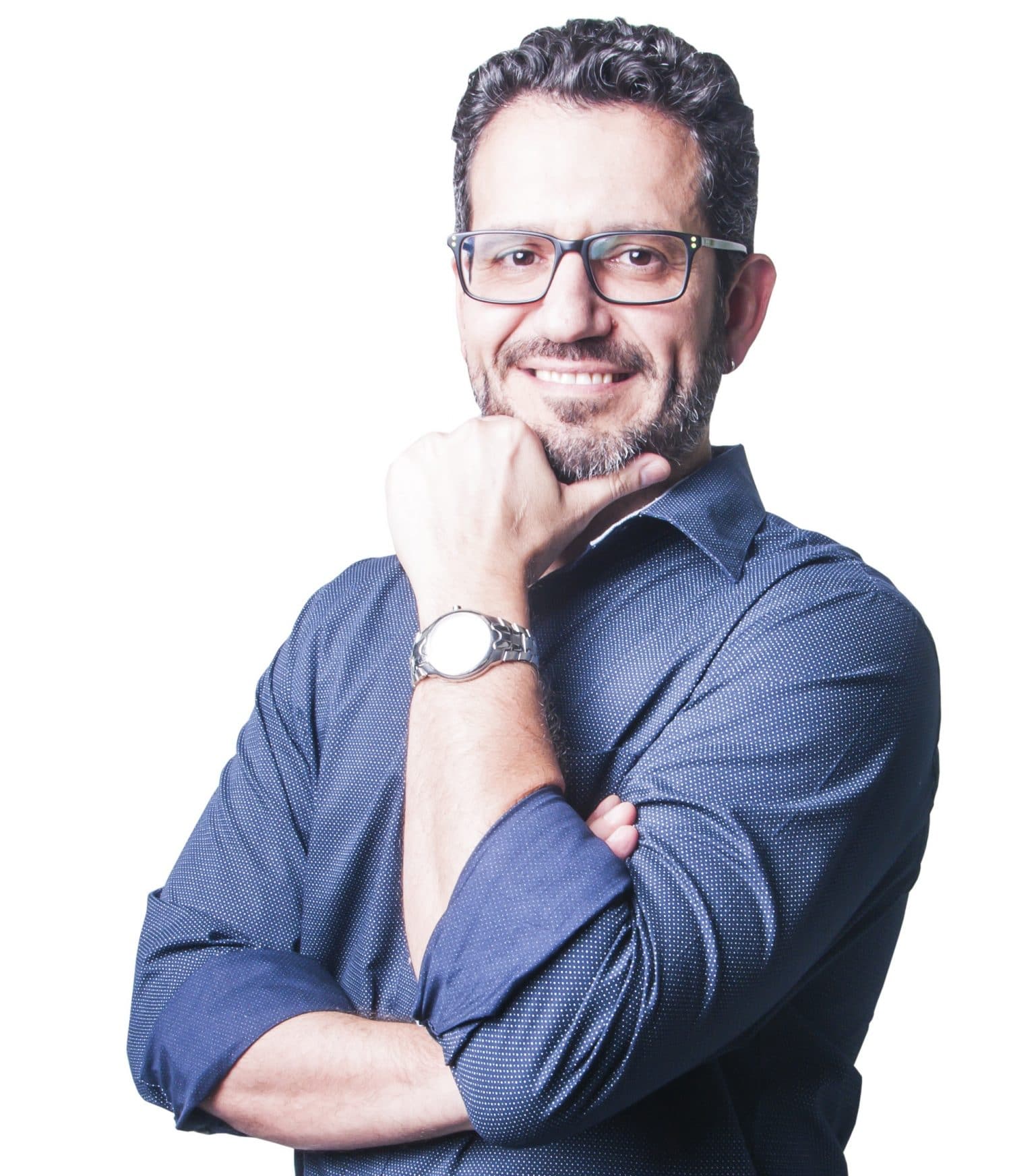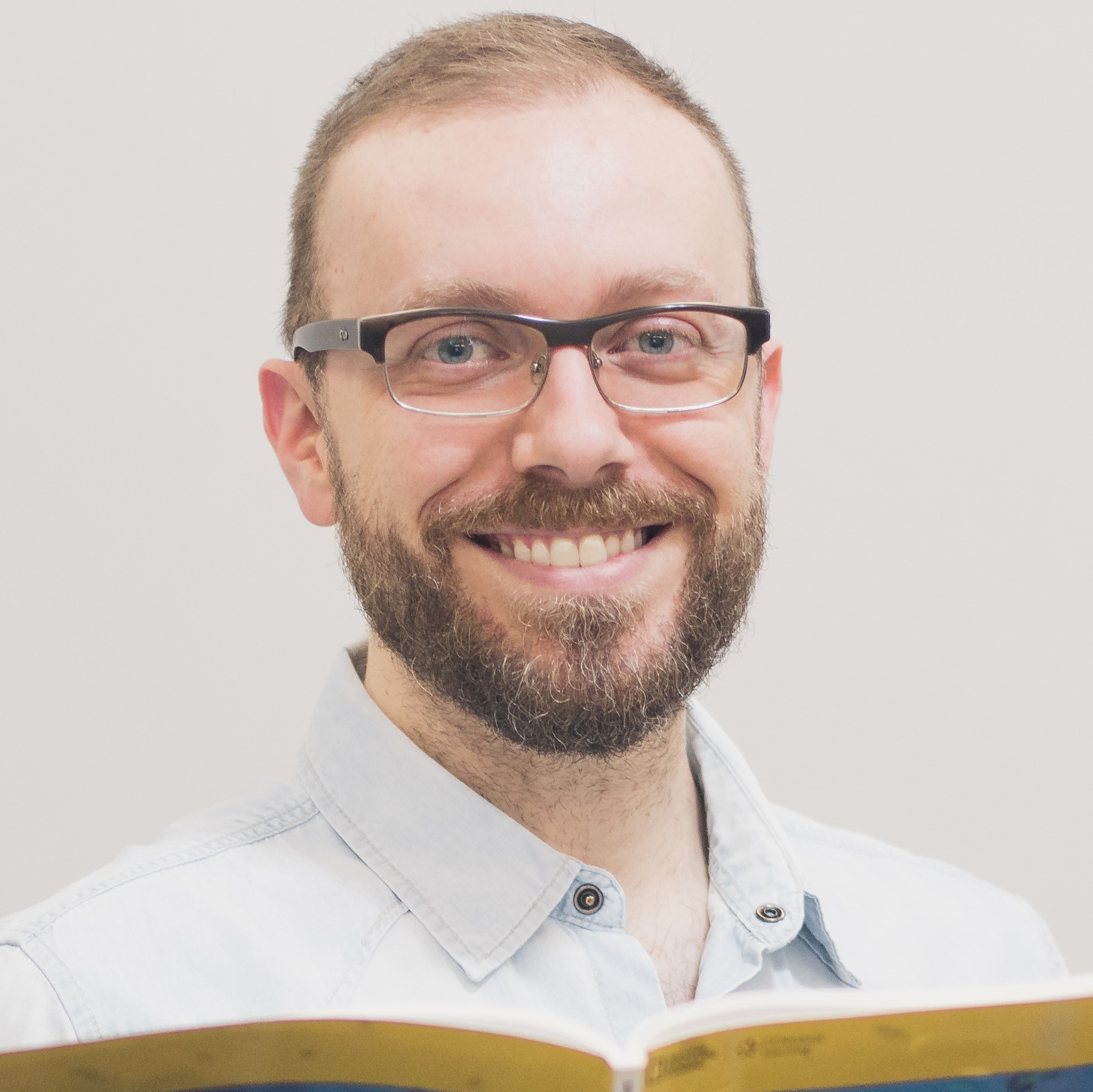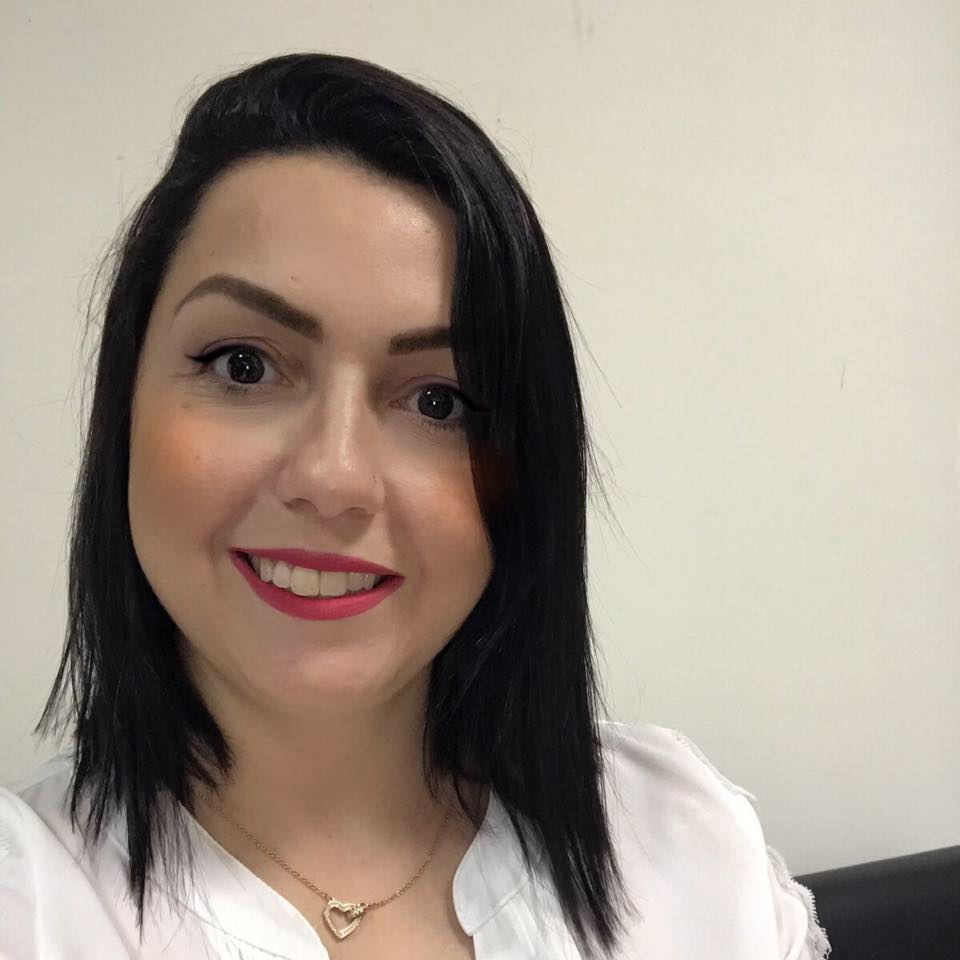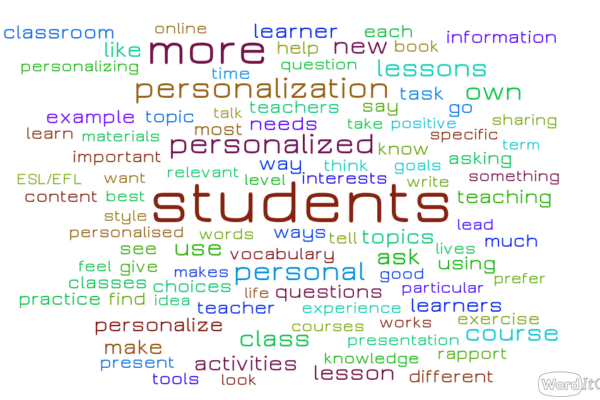We don’t live in boxes
Chaos. That’s what the world is all about. We spend our whole lives trying to organize what cannot be organized. We want to predict the unpredictable. We believe we can have control over our lives but there is no control.
We have been doing the same with Education for centuries. We try to put knowledge in boxes. We try to purify access to information. We want to control the amount of input and organize it in order of difficulty. Worse than that, we have been trying to standardize the teaching and learning process.
But we know each of us is different. Even identical twins do not learn the exact same way, and react to input in different ways. So there are two main facts I would like to focus on here: 1 – life is not a group of isolated things that coexist and follow independent paths and 2 – learning is a chaotic process and cannot be fully controlled, which means that it impacts learners in specific and unique ways and therefore will cetainly have individual outcomes.
Everything, and I mean EVERYTHING, influences something else in this world we live in. All matter, all elements interact with each other and become something else, transform, change. That’s Lavoisier: nothing is created or is lost, everything is transformed. So that implies a fluid life, a liquid existence of everything, from elements to facts and knowledge. The simple attempt to totally isolate a chemical element is very hard; imagine isolating a single event from its repercussions, its effects, its consequences.
Therefore the separation of subjects at school is arbitrary; it is the human beings being human: trying to control learning, to organize knowledge in boxes. And the way we have been trying to teach languages follows the same idea. We should not separate language in skills, or organize the order in which students should be exposed to linguistic structures or specific types of vocabulary. Decoding language in smaller parts is a task for linguists, the majority of ordinary people just want to be linguistic competent, that is, to effectively communicate in another language in its different expressions, oral and written. Language, just as much as life, is alive and fluid, is liquid.
We as human beings are not prepared for accepting the chaos. Our nature and our very evolution comes from our curiosity in trying to understand the way the world works, but also from our willing to control the forces of nature. We dream of harnessing nature, our lives, and all the phenomena that impact us. And when we realize there are some things that we will never be able to control we get frustrated.
Learning anything is a chaotic process. It is unpredictable. Even when you have prepared a class you are proud of and you take it to class there is no guarantee it will actually be successful. There is a lot of unpredictability and a lot of individuality in this process: we do not know how each student will react to the approach we decided to have, and so we cannot be sure of the output that we will get. So my point is: the more you organize and try to control the input, the higher the chances of failure, simply because you are restricting the students’ access to knowledge and you may leave out parts that would help some individuals understand better.
Bilingual education in the 21st century takes advantage of the chaos. Over-exposure, content-based curricula, language awareness, focus on individual enduring understandings and individual evidences of learning, all messes up with our traditional order in language learning, with controlled input, grammar-based syllabus and standard learning objectives. But face it: that is the way now. What we have done so far has not been successful enough. It’s time we accept life as it is. The new order is liquid and chaotic learning. And schools that are much closer to real life than before. Chaos is good!






